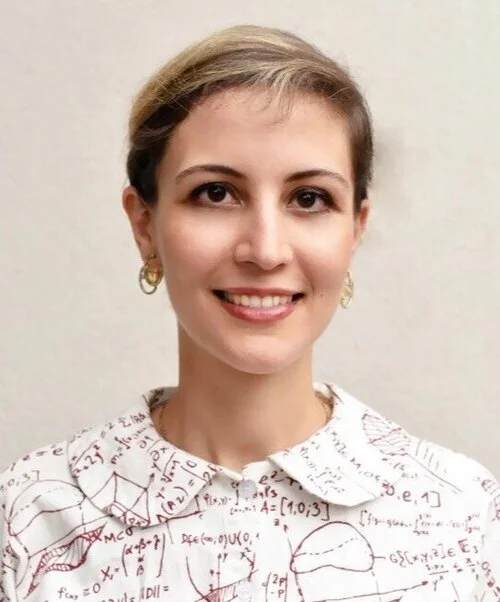Atoosa Kasirzadeh presented ‘Reasons, Values, Stakeholders: A Philosophical Framework for Explainable Artificial Intelligence’ at the ACM Conference Proceedings on Fairness, Accountability, Transparency (FAccT) 2021. Click through for more information.
Read MoreOn December 12 2020, Atoosa Kasirzadeh and Andrew Smart will present their paper ‘A critique of the use of counterfactuals in ethical machine learning’ at the Virtual NeurIPS 2020 Workshop on Algorithmic Fairness through the Lens of Causality and Interpretability.
Read MoreThis paper is about why we find it problematic to appeal to certain kinds of statistical or profiling evidence when making decisions about individuals. I argue for a novel solution: the problem has to do with the causal information carried by the evidence. We object to evidence that is merely accidental in that it does not carry appropriate causal information pertinent to the decision.
Read MoreAtoosa presented her paper ‘A philosophical theory of AI explanations’ to an academic audience at UC Berkeley. Click through for more information.
Read MoreAtoosa Kasirzadeh gave a talk on ‘The Use and Misuse of Counterfactuals in Fair Machine Learning’ at the Virtual Workshop on the Philosophy of Medical AI, hosted by University of Tübingen in October 2020.
Read MoreOne of the open questions in Bayesian epistemology is how to rationally learn from indicative conditionals (Douven, 2016). Eva et al. (2019) propose a strategy to resolve this question. They claim that their strategy provides a "uniquely rational response to any given learning scenario". We show that their updating strategy is neither very general nor always rational. Even worse, we generalize their strategy and show that it still fails. Bad news for the Bayesians.
Read MorePresent some of our work in developing practical solvers for the Partially Observable Markov Decision Process (POMDP) with applications in robotics. I enjoy the discussion in the seminar.
Read MoreI discussed the pitfalls of over- and underestimating the applicability of modelling results to understanding real world epistemic communities, and how to have an appropriate epistemic attitude towards them.
Read MoreI use category theory, the mathematical theory of structure, to illuminate the ways in which mathematical formalisms are used to represent real-world systems.
Read MoreEdTech, data privacy, children, and children's rights.
Read MoreThis talk was given at a conference on Holly Smith’s book, Making Morality Work, held at Rutgers on October 18, 2019. I argued that Making Morality Work poses the problem that moral theories must be 'usable', but then offers a solution that only partly solves it. I offered a way to extend the solution, but argued that even that only partly solves the problem, and that we can’t stop there.
Read MoreIn this talk, I argue for the practical problems of a counterfactual theory of mathematical explanations in sciences.
Read More











